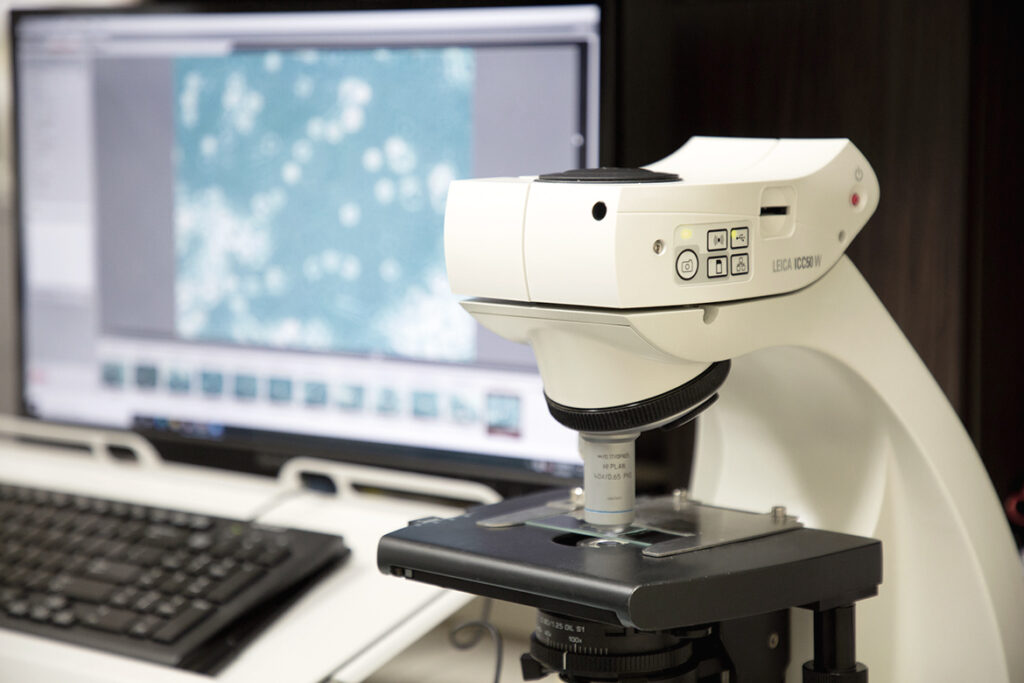Sometimes a TMD can have a singular cause. Sometimes, the cause is multifactorial. Here are some of the most common issues that lead to TMJ troubles:
Trauma: Direct and indirect trauma to the chewing structures can lead to TMJ, head, neck, and face pain. Strains, sprains, and injuries can lead to both pain and dysfunction.
Improper occlusion: “Occlusion” is how the teeth come together, a/k/a the bite. When teeth do not fit together properly, it causes sustained microtrauma to the joints. Over time, the body begins to compensate by involving muscles in other areas such as the neck and upper back.
Muscle hyperactivity: This goes hand-in-hand with internal jaw joint problems. Any condition that prevents the complex system of muscles, bones, and joints from working together in harmony can contribute to a TMD. Trauma is one factor that can disrupt this system. Others include connective tissue disorders, arthritis, and skeletal malformation.
Posture: Poor posture places unnecessary wear and tear on all the joints, including the jaw joints. Over time, consequences of postural neglect can be as damaging as an injury.
Stress: Physical and emotional stress alike can reduce the adaptive capabilities of the jaw. Some patients unconsciously brux and/or clench their teeth in response to increased stress. This creates strain on the TM joints and muscles, which can, in turn, worsen TMD symptoms.



